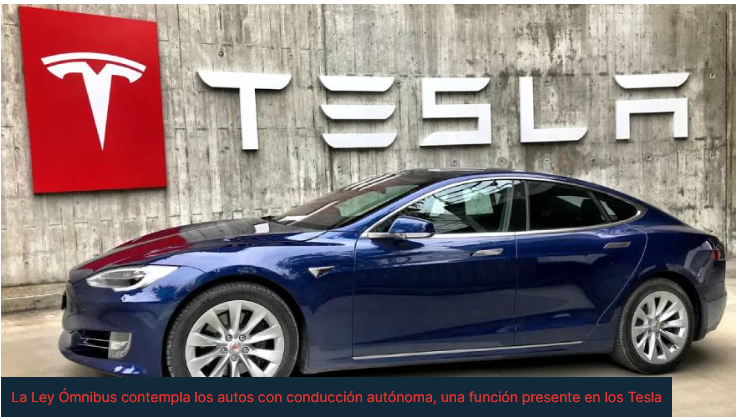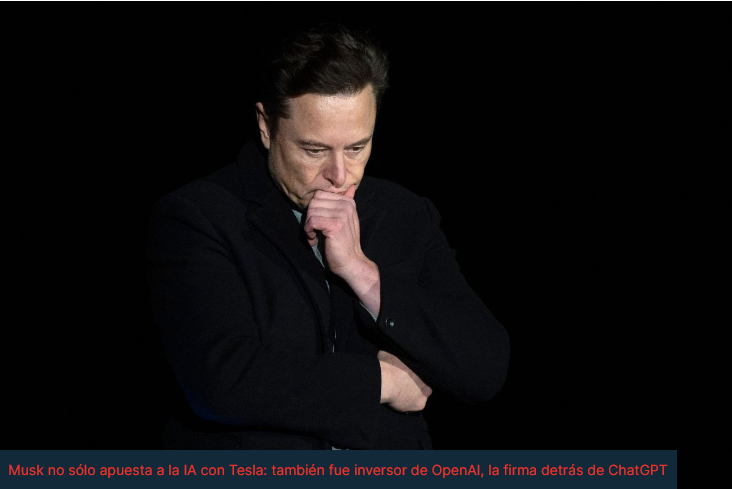Regulating the use of Artificial Intelligence (AI) is more than a necessity; It is imperative to ensure that this advanced technology is used ethically and responsibly for the benefit of all of society.
Recently, the European Union (EU) took an important step by approving a pioneering regulation for the use of AI, establishing clear standards and guidelines for its use. However, when we look towards Latin America, we perceive a different reality. Only Brazil, Chile and Peru have specific regulations for AI, while in Argentina, although there are organizational initiatives, these are mainly focused on proposing recommendations for the ethical and trustworthy use of AI.
In this complex and constantly evolving scenario, it is crucial to be present in discussions that impact the entire financial market. That’s why our CEO, Julian Colombo, recently contributed to an article, sharing his insight on the topic.
Follow the full article below.
The European Union (EU) approved a pioneering regulation for the use of Artificial Intelligence (AI), a business led by IBM, Intel, Microsoft, Google and Amazon Web Services, which will reach a market value of more than $300 billion by 2025.
At the regional level, only Brazil, Chile and Peru have specific regulations for this technology. In Argentina, there are initiatives by organizations, but focused on proposing recommendations for an ethical and reliable use of AI.
Javier Milei’s Omnibus Bill opens the door to the circulation of autonomous vehicles. That was read as a nod to Elon Musk, owner of Tesla, who has the Autopilot feature with this technology.
In the new draft being debated by Congress, there is a mention of “self-driving vehicle” to enable any vehicle with a “driving system that does not require human intervention”. In addition, the regulation authorizes “private, passenger or cargo” vehicles.
One of the richest men on the planet maintains a fluid relationship with the libertarian and even promised to visit the country this year. He is also interested in other businesses, such as the satellite internet offered through Starlink or the lithium reserves of northern Argentina.
But one of the key points for the advancement of Tesla’s cars in the country is one of the associated technologies. This is artificial intelligence, since from the information received by sensors and cameras it is capable of identifying obstacles, pedestrians and other vehicles, vital for its semi-autonomous driving system.

That is why the advancement of this innovation in Argentina is also essential, as well as the scope of future specific legislation in this regard.
AI regulation in Argentina: what points are being debated
Juan G. Corvalán, director of the Artificial Intelligence Laboratory of the University of Buenos Aires (IALAB), points out that Argentina does not yet have a comprehensive bill to regulate AI, but it does have documents with a focus on good practices.
In addition, a new bill regulating automated data processing was introduced. He describes this advance as key “because AI will have a huge impact on people’s fundamental rights and, at the same time, it is necessary to provide a safe environment for developers.”
Celina Rodríguez Sammartino, head of Government and Regulatory Affairs at IBM Argentina, tells iProUP that it is necessary to define rules of the game that, far from being an obstacle to innovation, mean “an opportunity to achieve consensus on transparency, ethics and other principles.”
In this sense, Julián Colombo, CEO and founder of N5, tells iProUP: “It is thought that the main risk of AI is the violation of people’s privacy or the loss of jobs. Valid concerns, but insignificant compared to the effects of an AI that has goals contrary to those of humans.”
Sergio Candelo, co-founder of Snoop Consulting and president of CESSI, points out that, in many cases, the regulation of technology hindered its development, although in the case of AI, not establishing any type of legislation can leave people exposed to algorithmic bias, invasion of privacy or some type of manipulation.
For Corvalán, the comprehensive regulation of AI must cover some key issues such as:
- Transparency of systems, ensuring that their decisions are understandable in human terms.
- Data privacy, setting standards for the collection and use of information
- Security to prevent malicious uses of technology
- Equity and bias mitigation to avoid discrimination
- Clear responsibilities in the event of damage

“Advancing regulation faces challenges: innovation can be stymied and technical complexity complicates the creation of specific rules. The lack of consensus at the international level, rapid technological evolution and jurisdictional challenges are also obstacles to consider,” says Corvalán.
And he highlights: “Despite this, the balance between the protection and promotion of innovation is key to the ethical and safe development of AI.” He suggests the implementation of sandboxes (test environments) for companies to test products or services that challenge legal frameworks and observe real challenges and risks in practice.
Rodríguez Sammartino stresses the importance of ensuring data privacy and the responsibility of organizations to ensure that information is protected, stored securely, and used responsibly.
“AI is data-driven, and privacy becomes even more of a priority. Regulation must guarantee individuals that their information will be protected and managed under confidentiality principles, through the implementation of a continuous compliance framework,” he emphasizes.
Colombo proposes decentralized self-regulation, in which technology groups, investors, and universities, among others, draft public and auditable rules of action.
“Regulation is always much slower than innovation. The political system requires extensive deliberative processes, usually led by people who do not have the technical capacity to understand the forces they are regulating,” he concludes.

Regulation of AI in the world
The European Council (made up of the 27 heads of state), the European Parliament and the European Commission reached an agreement on the first Artificial Intelligence Regulation, which pursues two objectives:
- Ensure that systems used in the European Union (EU) are secure and respect citizens’ rights
- Stimulate investment and innovation in the field, to become a strong competitor to the US and China
The Law is unique in the world and the EU seeks to position it as a regulatory model for the rest of the world, including Argentina, which has historically been “inspired” by the continental forest for legislation on technological issues.
Another important point is that it will regulate AI based on its danger: the greater the risk to people, the more rigid the rules that allow or prohibit its use, with fines of $8 million to $37 million.
It also contemplates the use of this technology in surveillance and security, establishes which systems and applications are allowed and in which areas, and defines guidelines for the development and use of generative AI, which uses ChatGPT:
- Security forces may only use biometric identification cameras in public spaces, with prior judicial authorization and to prevent a terrorist threat or to identify and locate people who have committed crimes
- Bans all systems of biometric categorization by political, religious, philosophical, race, and sexual orientation; to rate people based on their behavior or characteristics; o Create facial databases
- Generative AI systems will have to comply with transparency criteria and respect copyright
For Corvalán, European legislation is exemplary, as it is the first law in the world “agreed between States to regulate something so dynamic and capable of producing massive, macro and imperceptible effects“. In addition, the comprehensive approach addresses several dimensions: transparency, accountability, fairness, and security.
“It puts an emphasis on ethics and introduces specific regulations for high-risk AI, such as the obligation to conduct impact assessments and the assurance of human oversight in critical systems.” Rodríguez Sammartino agrees: “It regulates high-risk applications and promotes principles such as transparency, explainability and security.”
This “high risk” includes autonomous vehicles, such as the co-pilot system of Tesla, Elon Musk’s electric car factory, which may have a free hand to circulate in Argentina based on the Omnibus Law being debated by Congress.

